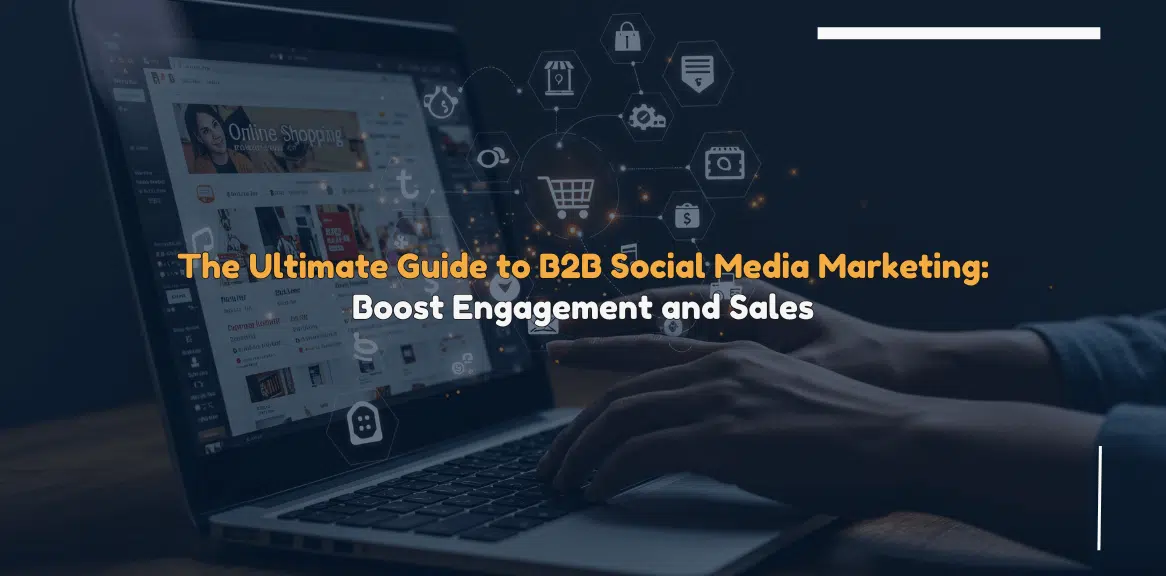The Ultimate Guide to B2B Social Media Marketing: Boost Engagement and Sales
Social media is no longer just a branding tool in the digitally motivated business world. Today it is a strong engine of relationship building, nurturing of leads, and sales, particularly in the B2B space. Although most believe that social media is the primary feature of B2C brands, B2B companies are progressively using platforms such as […]






